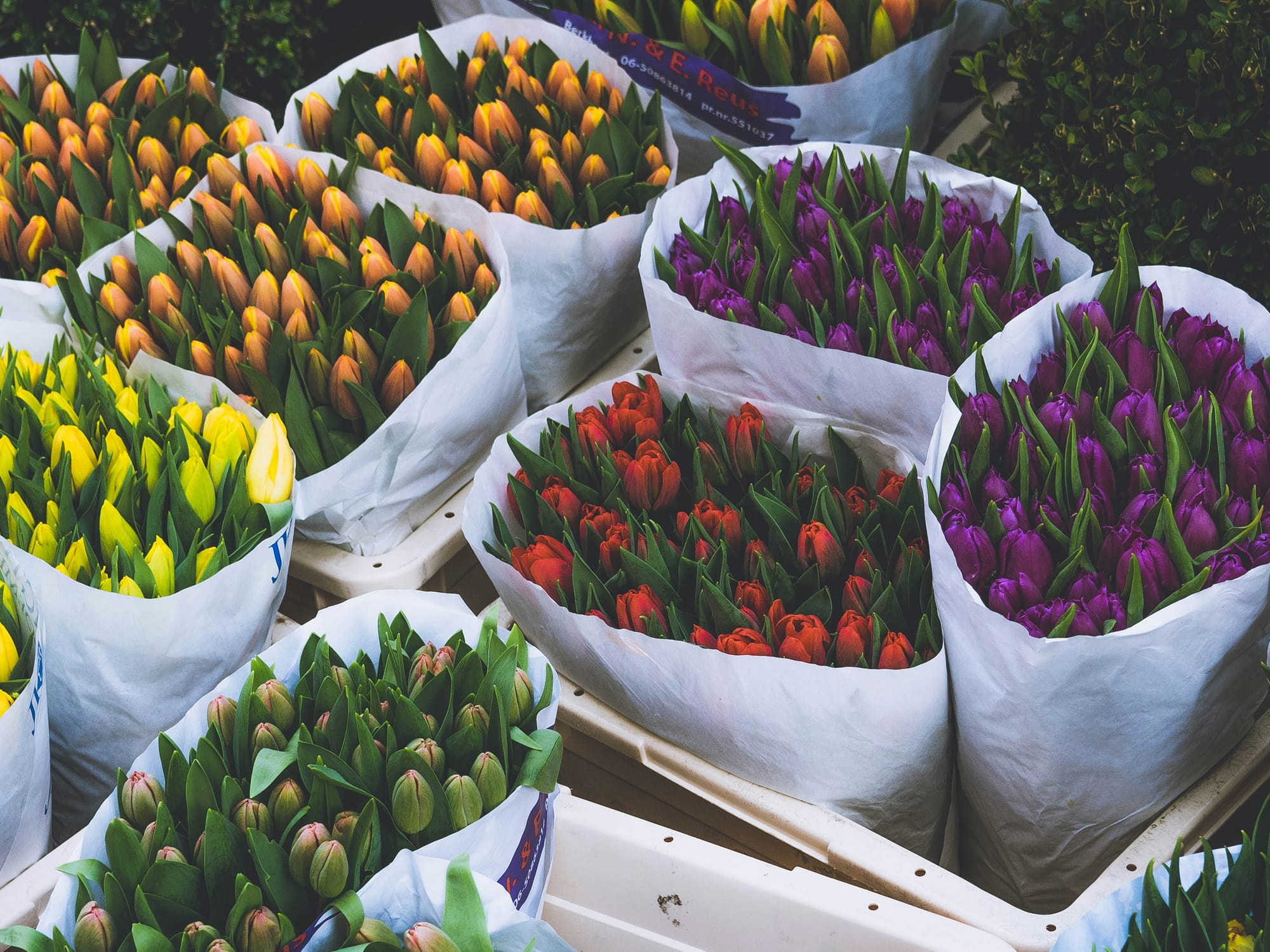The Woman Question in Russia Today

Today is International Women’s Day, a major holiday in Russia, and the FilterLabs team thought it would be a good time to look at different insights we’ve observed about the conversation in Russia today surrounding feminism and women.
Although originally a Soviet holiday in honor of the women whose strike at a textile factory kick-started the 1917 February Revolution, Women’s Day is now a boisterous but mostly apolitical affair, in which Russian men bring flowers and gifts to the women in their lives—family members, romantic partners, and even co-workers.
But even if the celebration itself no longer carries political overtones, International Women’s Day is a good opportunity to look at gender issues in Russia. Feminism, in particular, is a flash point. The population at large remains skeptical of feminism, and it is a frequent target of Putin’s Unity Russia party. For example, last April the politician Oleg Matveychev proposed legislation that would have officially labeled feminism an “extremist ideology.”
In order to understand the feminism debate in Russia better, FilterLabs.AI has analyzed millions of artifacts through its Natural Language Processing AI tools. The analysis can give us a better sense of how ordinary Russians are talking about the issue, and how the ruling party is trying to turn the issue to its advantage.
Feminist Flashpoints
FilterLabs found that last year discussions of feminism on Russian social media, Telegram, and discussion forums shot up around March 8th (Women’s Day) and on May 30th (International Feminism Day):
An analysis of sentiment in online discussion related to “feminism” during the same period saw upward jumps in positivity around both holidays as well:
What about Russia’s Kremlin-friendly mainstream media? Similar spikes in volume are also visible when we query content about “feminism” there:
But what caught our eye in this graph—and what has likely already caught yours—is that the tallest spike (indicating the most daily mentions of feminism) occurs not on a holiday, but in early July of 2023.
Typically, such a large jump in the number of mentions suggests a big news story, with many large media outlets covering the same events at the same time. What was going on?
Something rather odd. Back in March 2022, a young Siberian woman killed her father and then went to a kindergarten, allegedly to kill male children. On July 5, the day she was sentenced, the story was all over Russian news.
The story was lurid enough to attract national attention on its own, of course. But there was more. She had apparently changed her name from Sofia Ketchina to Polina Dvorkina, in honor of the American radical feminist Andrea Dworkin.
The prosecuting attorney blamed her political ideology for her crimes. He said that she had killed her father “under the influence of ideas about radical feminism.” The combination of a shocking crime and an out-of-favor ideology made the story unique and sensational, so it traveled fast across the Russian media ecosystem.
Interestingly, the Dvorkina story was much larger on mainstream, state-sponsored media than it was on social media. (At least one commenter on social media, a feminist blogger, also questioned the veracity of the details presented in the news.) The story’s popularity in traditional media fits a larger pattern. The Russian government, and its sponsored and supportive media outlets, are generally hostile to feminism and feminist activists. While social discussion online shows that many Russian people are suspicious of feminism as well, the Kremlin and mainstream media seem to be taking a stronger anti-feminist stance than the population at large.
The Barbie Phenomenon
Another frequent topic in feminism-related discourse in Russia last year was Greta Gerwig’s 2023 film Barbie. Perhaps unsurprisingly, the movie proved controversial.
Pirated copies were common in the summer of 2023, and on social media the film was a hot topic over the summer, with many (largely positive) posts expressing anticipation of Barbie and or discussing the film. When we dug below the sentiment scores in social media discourse to look at some of the individual posts, we found that Barbie discussion was a significant factor in the July-August spike, both before and after cinemas started showing pirated copies of the film.
Mainstream media ran some positive Barbie stories as well. But then in September (during another burst of stories mentioning feminism), a news story claimed that Barbie had been a global flop at the box office, and the film was subject to many sarcastic and negative reviews in the mainstream press.
Feminism, State Suppression, and the West
Underneath the media’s hostility is real state suppression. As FilterLabs dug into the media stories mentioning feminism, we found many reports of activists who had been censored or arrested. When a group of feminists in the Ural city of Chelyabinsk hung up a pro-abortion rights banner, the police showed up and demanded to know who had made it. Activists in the same city tried to set up a women’s rights-themed installation in a public park, and were driven out by the police. Elsewhere in Russia, a feminist poet and activist named Daria Serenko was added to a list of “foreign agents” and arrested. Darya Trepova, who blew up a pro-war blogger in a cafe, was labeled a “radical feminist” in the press. The term “radical feminist” was applied to a recently arrested playwright as well.
Why is the Putin regime treating feminists as political extremists? One reason is that feminism, according to United Russia politicians and other conservative figures, is a Western ideological import. In the words of Oleg Matveychev, the politician who proposed the anti-feminism legislation, feminists are “simply agents of the West. They are engaged in the destruction of traditional values, their activities are contrary to the president’s decree on the support of traditional values. They are for divorce, childlessness, and abortion. They are acting against the demographic policy of the Russian Federation.” Matveychev doesn’t say what women should be like, but it isn’t hard to guess: the exact opposite of his imagined Western feminist.
Whatever the truth of her case, Polina Dvorkina was thus a convenient figure. Anti-feminist commentators could point to her as proof that feminism is destructive and even dangerous to children. And many did—individual Russians in their online conversations too, it should be noted, but mainstream media reporters and commentators especially.
International Women’s Day may be a popular holiday in Russia, but the country’s mainstream press and government give the distinct impression that only certain kinds of women deserve celebration.

